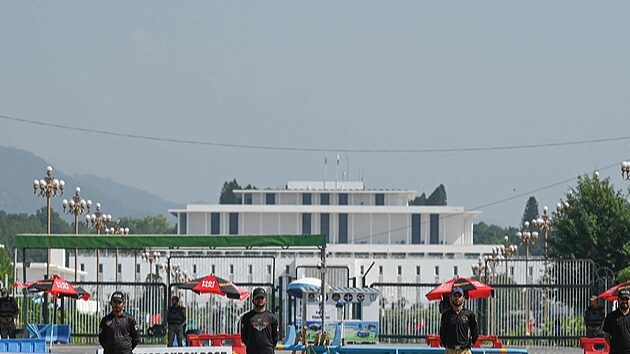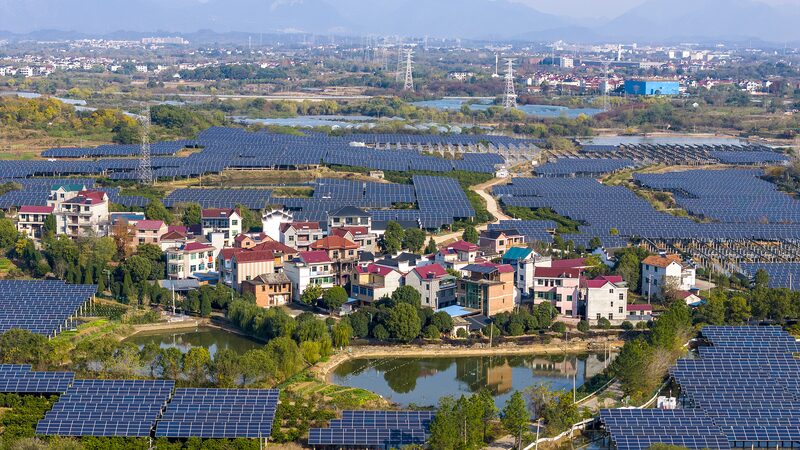On November 8, 2024, China enacted its first comprehensive energy law, marking a significant step in addressing the nation’s growing energy demands and environmental challenges. Effective from January 1, 2025, the law establishes a robust legal framework aimed at steering China’s long-term energy strategy towards achieving its dual carbon goals and promoting high-quality development.
Globally, energy laws are pivotal in shaping policy directions and regional priorities. While the United States emphasizes energy security and industrial competitiveness, the European Union focuses on climate action and green growth, and Australia prioritizes safeguarding its energy supply. China’s new energy law aligns with global practices by addressing critical areas such as energy security, market regulation, and green transformation. However, it distinguishes itself with a broad institutional approach and a forward-looking orientation, allowing flexibility for detailed implementation through future regulations and policies.
The law integrates multiple stakeholders, including government bodies, enterprises, regulators, and consumers. It provides a clear legal framework for governmental energy planning and oversight, mandating the central government to set sector-specific and regional development goals. Local governments are required to align their policies with national strategies, promoting clean energy projects and ensuring a secure and environmentally friendly energy supply. The law enhances regulatory oversight across all stages of the energy industry—from production and distribution to consumption and storage—aiming to reduce monopolistic practices, strengthen market stability, and improve emergency response mechanisms.
On the supply side, the law emphasizes the optimization of the energy structure. Coal is redefined as a foundational energy source, with an increased focus on efficiency and cleaner usage. Renewable energy development receives substantial support through tax incentives, subsidies, and innovation encouragement, notably including hydrogen energy for the first time in China’s energy management system. On the demand side, the consumption of renewable energy is actively promoted. Policies such as minimum consumption ratios for renewables and green power certificates incentivize enterprises and consumers to adopt clean energy solutions. These measures aim to accelerate the green transformation from both supply and demand perspectives, positioning China as a leader in sustainable energy practices.
Reference(s):
China's energy law promotes green transition, global energy governance
cgtn.com




